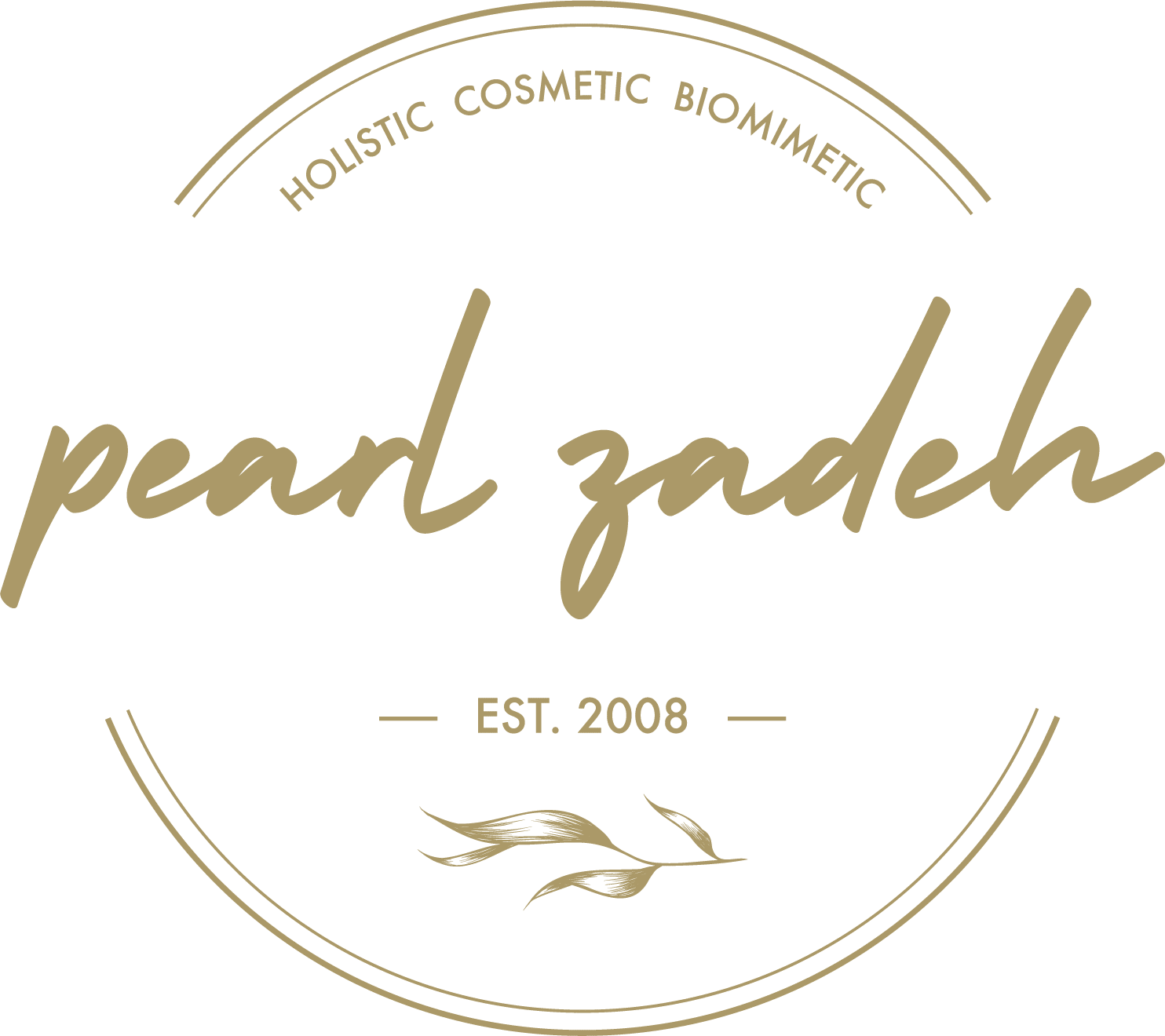Good oral hygiene is essential for healthy teeth and gums. Traditional dental treatments such as brushing and flossing can sometimes be ineffective and even lead to more severe problems if not done properly. Fortunately, natural alternatives like essential oils can help promote a healthier mouth. This guide will explain how to use essential oils for healthy teeth and gums so you can enjoy a brighter smile!
Dental Health Benefits of Essential Oils
Essential oils have many beneficial properties when it comes to dental health. These essential oils can help fight bacteria that cause cavities and gum disease, reduce inflammation in the gums, promote healing from injury or infection, and help freshen breath. Some of the most common oils used for oral care include tea tree oil, peppermint oil, clove oil, and oregano oil.
How to Use Essential Oils for Dental Health
The easiest way to use essential oils is by adding a few drops to your toothbrush when brushing your teeth. You can also mix them with a carrier oil such as coconut or almond oil and apply it directly onto the gums before rinsing with water. Finally, you can also create a mouthwash by combining several drops of essential oil with water.
Dental Care Products with Essential Oils
Many products on the market contain essential oils, such as toothpaste, mouthwashes, and gels. These products can be purchased in stores or online and should always be used according to the directions provided on the packaging. If a product contains essential oils, it’s important to check the label before using it to ensure it doesn’t have any other ingredients that could cause irritation or sensitivity in your mouth.
Dental Health Routine with Essential Oils
When incorporating essential oils into your dental health routine, it’s important to use them consistently and in moderation. Start by brushing twice a day with toothpaste that contains essential oils. You can add one or two drops of essential oil directly onto your toothbrush before brushing. Additionally, you can create a mouthwash with a few drops of essential oil and water for rinsing after meals or at night before bedtime. Finally, apply the diluted oil directly onto your gums using cotton swabs.
Dental Hygiene Tips for Using Essential Oils
It’s important to be aware of the possible side effects when using essential oils for dental health. Some of these include burning, irritation, or sensitivity in the mouth and throat. It’s also important to never ingest essential oils as they can be toxic if swallowed. Additionally, it’s best to consult a qualified healthcare practitioner before using essential oils on children and pregnant or breastfeeding women.
Final Words
Essential oils can be a great addition to your oral hygiene routine and help promote healthier teeth and gums by fighting bacteria, reducing inflammation, and promoting healing and freshening breath. Just remember that essential oils should always be used with caution, in moderation, and according to directions given on product labels.
It’s best to use essential oils when brushing your teeth twice a day and creating a mouthwash with water and one or two drops of oil. Additionally, you can apply the diluted oil directly onto your gums if needed.
Yes, some common side effects may include burning, irritation, or sensitivity in the mouth and throat. It’s important to consult your healthcare provider before using essential oils on children and pregnant or breastfeeding women.
No, it’s not recommended to ingest essential oils as they can be toxic if swallowed.

